War and humanitarianism, medicine and public health, rights and justice... Discover CRASH publications sorted by themes.
The fact that CRASH publications are written from an aid practitioner's, rather than researcher's, perspective, does not exempt them from the demands of rigorous research methods. We try hard at this, with the help of (volunteer) research professionals. The publications are not the MSF party line, but rather tools for reflexion based on MSF's framework and experience. They have only one purpose: to help us better understand what we are doing. Criticisms, comments and suggestions are more than welcome - they are expected.
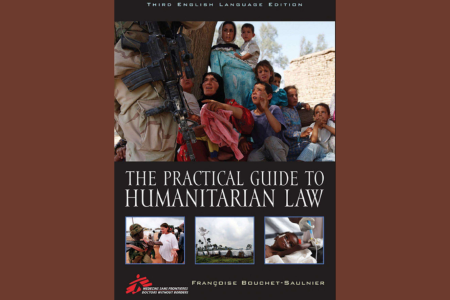 Book
Book
The Practical Guide to Humanitarian Law
01/01/2006Definitions are often the first step toward granting or denying a person's rights. Now in thoroughly revised and updated edition, the Guide provides precise meaning and content for terms such as terrorism, refugee, genocide, and intervention concepts.
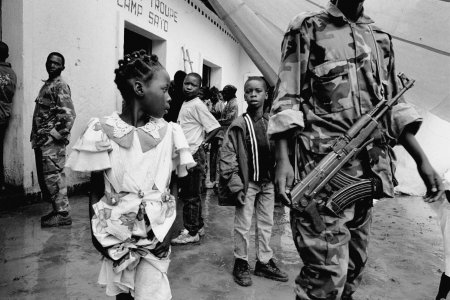 Pep Bonet
Analysis
Pep Bonet
Analysis
Child Soldiers in Africa: A singular Phenomenon?
01/01/2006The much publicized figure of the child soldier in Africa is placed in context in this historiographical survey: the author ties it to the general subject of children in war – which has affected America and Europe at different times – and reveals the necessity of developing a history of child status in Africa.
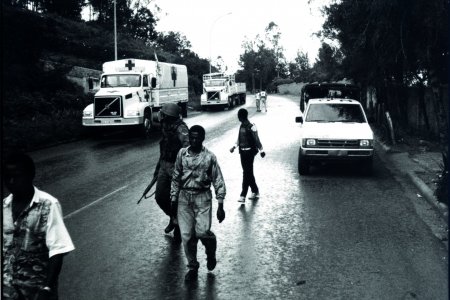 Xavier Lassalle
Opinion
Xavier Lassalle
Opinion
Genocide, upping the stakes
10/01/2004Rony Brauman decribes how the qualification of the conflict in Darfur as genocide leads only to a dead end and warns against the abuse of this concept.
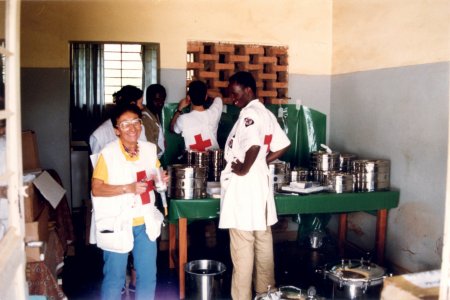 Xavier Lassalle
Opinion
Xavier Lassalle
Opinion
Genocide, a word with many meanings
09/01/2004Rony Brauman analyses the de-politicization and criminalisation process of the conflict in Darfur, resulting from an exclusively ethnic reading of this crisis and by the inappropriate use of the concept of "genocide".
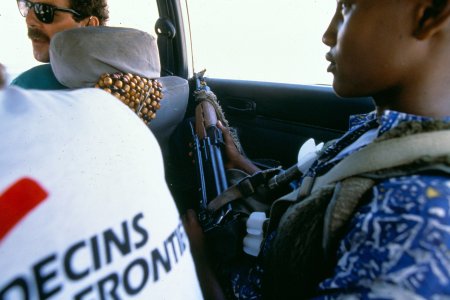 Keith Bernstein
Opinion
Keith Bernstein
Opinion
Military humanitarism: a deadly confusion
08/16/2004Fabrice Weissman reminds us that while the clarity of the humanitarian emblem is no guarantee of absolute safety, it is nevertheless an essential prerequisite to it.
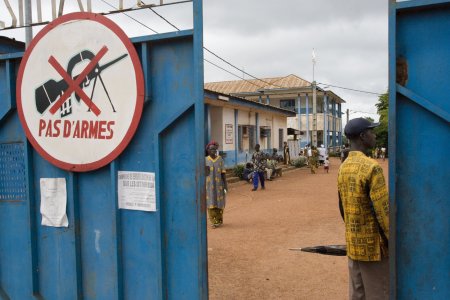 Carl De Keyzer
Analysis
Carl De Keyzer
Analysis
Humanitarian action and military intervention: Temptations and possibilities
04/28/2004Using the example of Liberia, Fabrice Weissman examines the public statements of NGOs and their positions with regard to denunciation and/or calls for international intervention.
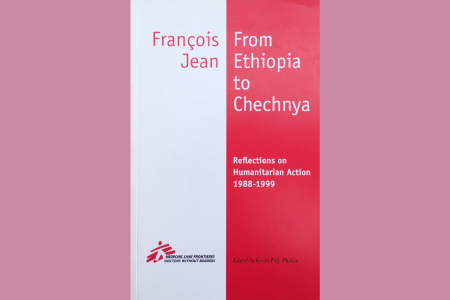 MSF-Crash
Book
MSF-Crash
Book
From Ethiopia to Chechnya
04/01/2004For nearly two decades, François Jean practiced humanitarian action based on a deep, pragmatic desire to understand, constant self-questioning, and broad intellectual curiosity. It will be clear to anyone reading his collected works, From Ethiopia to Chechnya: Reflections on Humanitarian Action, 1988-1999, that his writings resonate with dilemmas we face today.
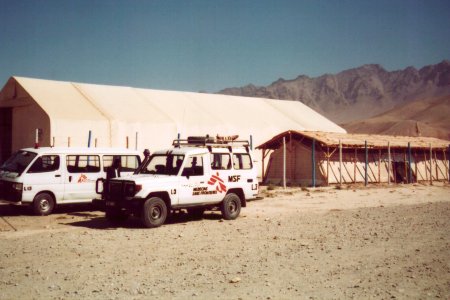 Mehdi Mekroud
Opinion
Mehdi Mekroud
Opinion
Is independent humanitarian action over in Afghanistan?
09/01/2003This article questions the independence of humanitarian action in Afghanistan, at a time when aid initiatives from military forces blurs differences, and when NGOs financed mostly by institutional funding risk becoming mere "implementing partners" of an aid policy driven by a political agenda.
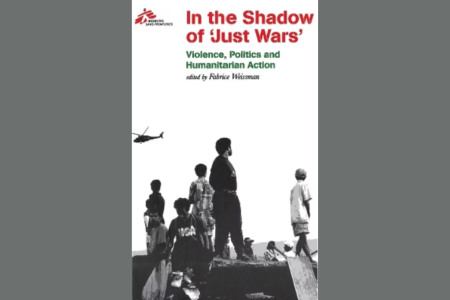 Book
Book
In the Shadow of Just Wars
09/01/2003During the planning stages of military intervention in Iraq, humanitarian organizations were offered U.S. government funds to join the Coalition and operate uneder the umbrella of Operation Iraqi Freedom.
